Events
Conference ‘Hepatitis C Screening and Elimination Programme: The Three-Year Results of the Programme’
23 09 2025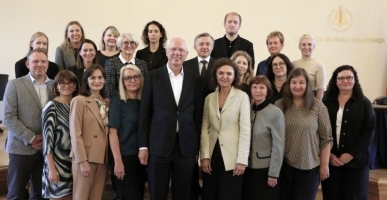
On 18 September, the Lithuanian Academy of Sciences hosted a conference organised by the Academy’s Division of Biological, Medical, and Geosciences together with the Lithuanian Society of Gastroenterologists, the aim of which was to present the three-year results of Lithuania’s hepatitis C screening and elimination programme.
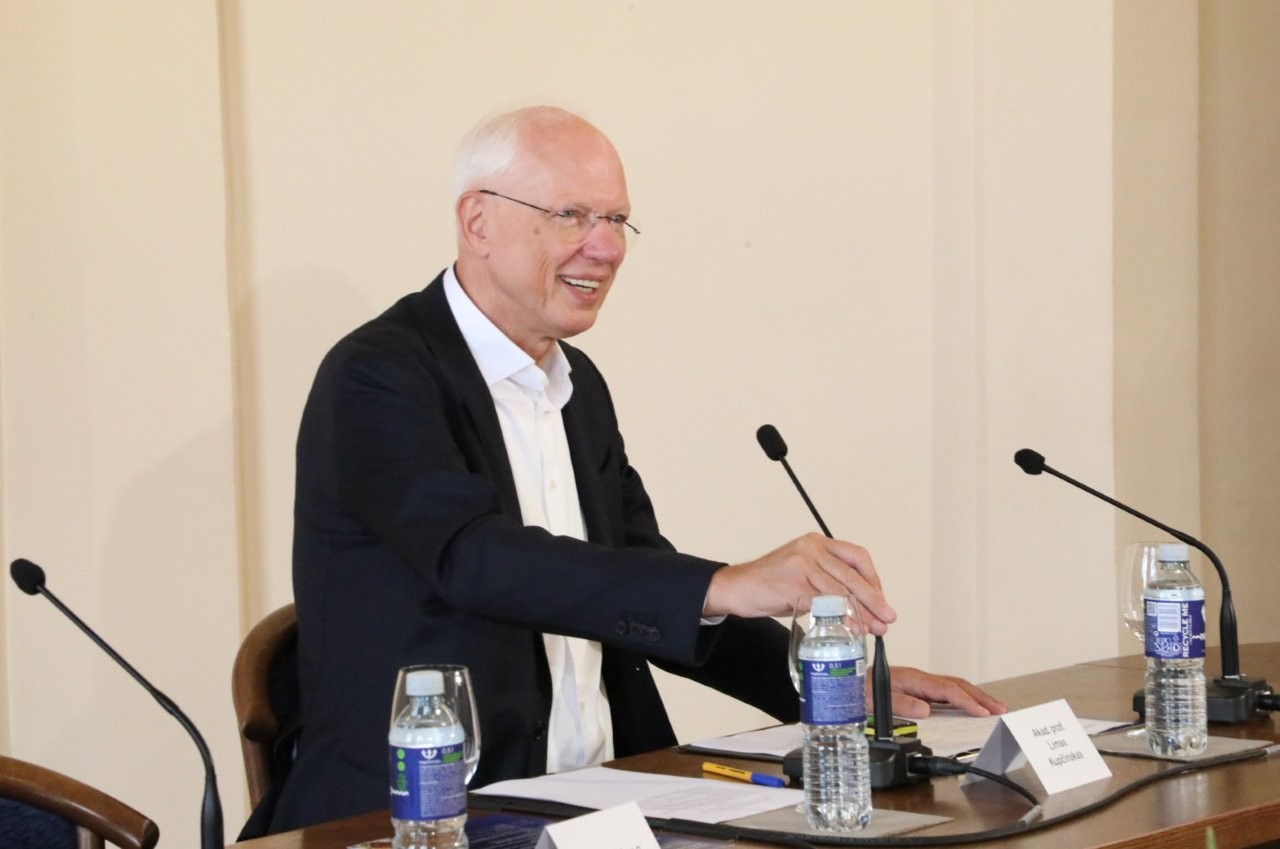
Academician Prof. Limas Kupčinskas opens the conference
The conference was opened by Prof. Limas Kupčinskas, an academician, the chair of the Division of Biological, Medical, and Geosciences of the Lithuanian Academy of Sciences, and the head of the Hepatitis C Elimination Working Group. In his keynote address, he emphasised that the hepatitis C screening and elimination programme is one of the most successful health and disease prevention initiatives ever implemented in Lithuania. Its outcomes and achievements have been presented at leading European and American gastroenterology congresses, and its public health significance has been highlighted in the influential global political magazine Politico (Brussels).
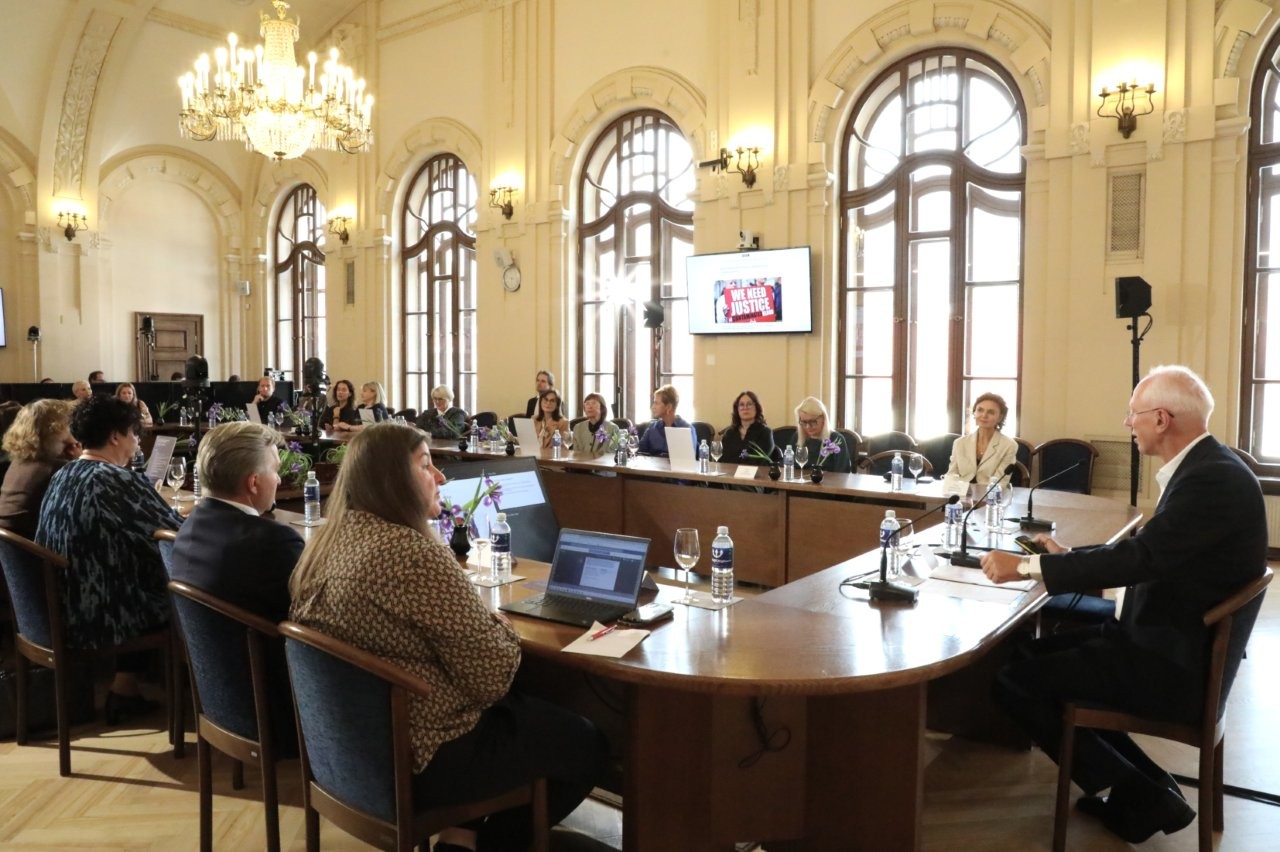
Participants in the conference
Thanks to the joint efforts of family physicians, nurses, gastroenterologists, and infectious disease specialists, 81% of the Lithuanians born between 1945 and 1994 – approximately 1.45 million people – have already been screened. Over 8300 individuals were diagnosed with hepatitis C and successfully treated. Many now enjoy full and healthy lives without even realising how narrowly they escaped a deadly disease. Today, highly effective medicines are available to treat this chronic condition, with treatment success rates reaching 96–99%.
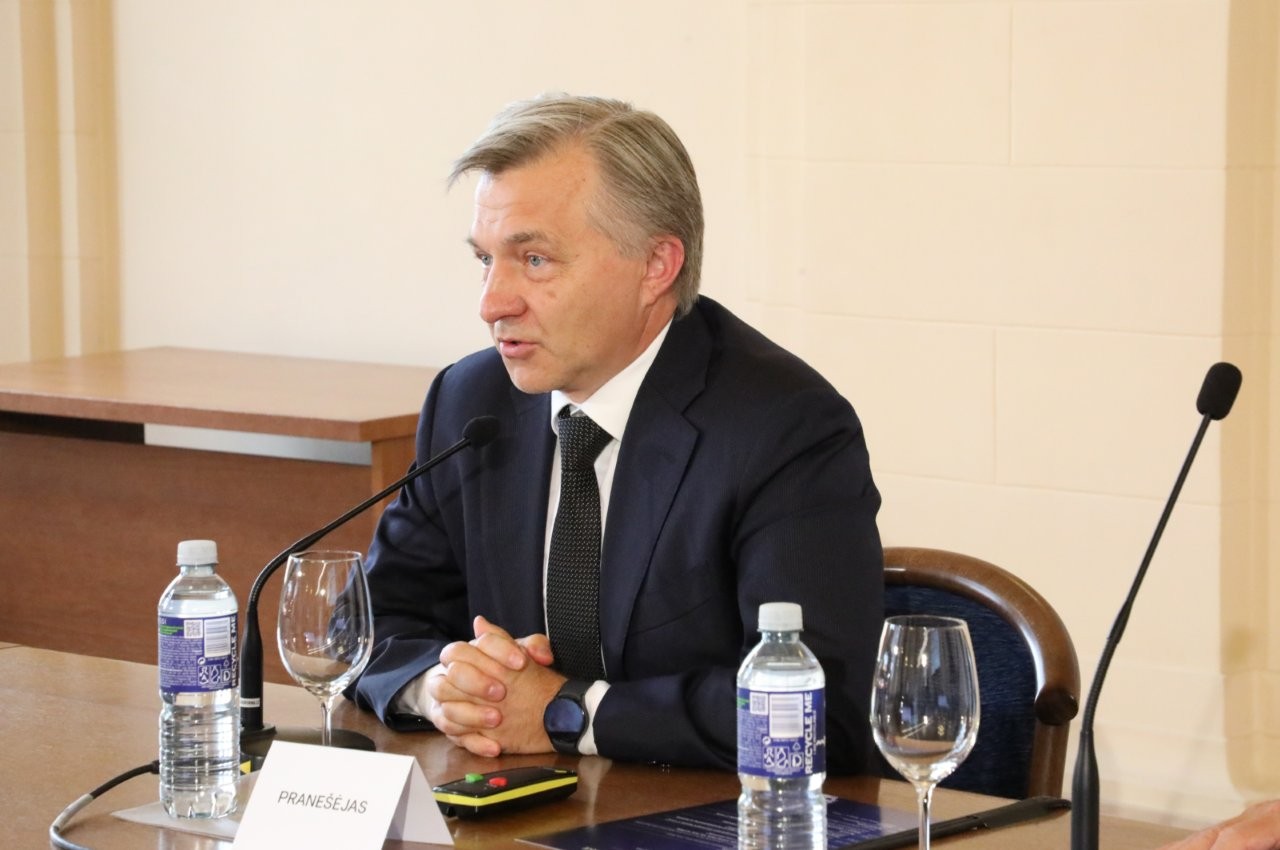
Dr Giedrius Likatavičius
At this conference, presentations were delivered not only by gastroenterologists and infectious disease specialists (Prof. Raimonda Matulionytė, Vilnius University; Prof. Ligita Jančiorienė, Vilnius University), family physicians (Assoc. Prof. Gediminas Urbonas, Lithuanian University of Health Sciences), but also by addiction specialists – Dr Giedrius Likatavičius (Lithuanian Centre of Addictive Disorders) and Dr Nijolė Goštautaitė-Midttun (Lithuanian Prison Service). They shared their insights on how to ensure that at least 90% of diagnosed cases receive treatment.
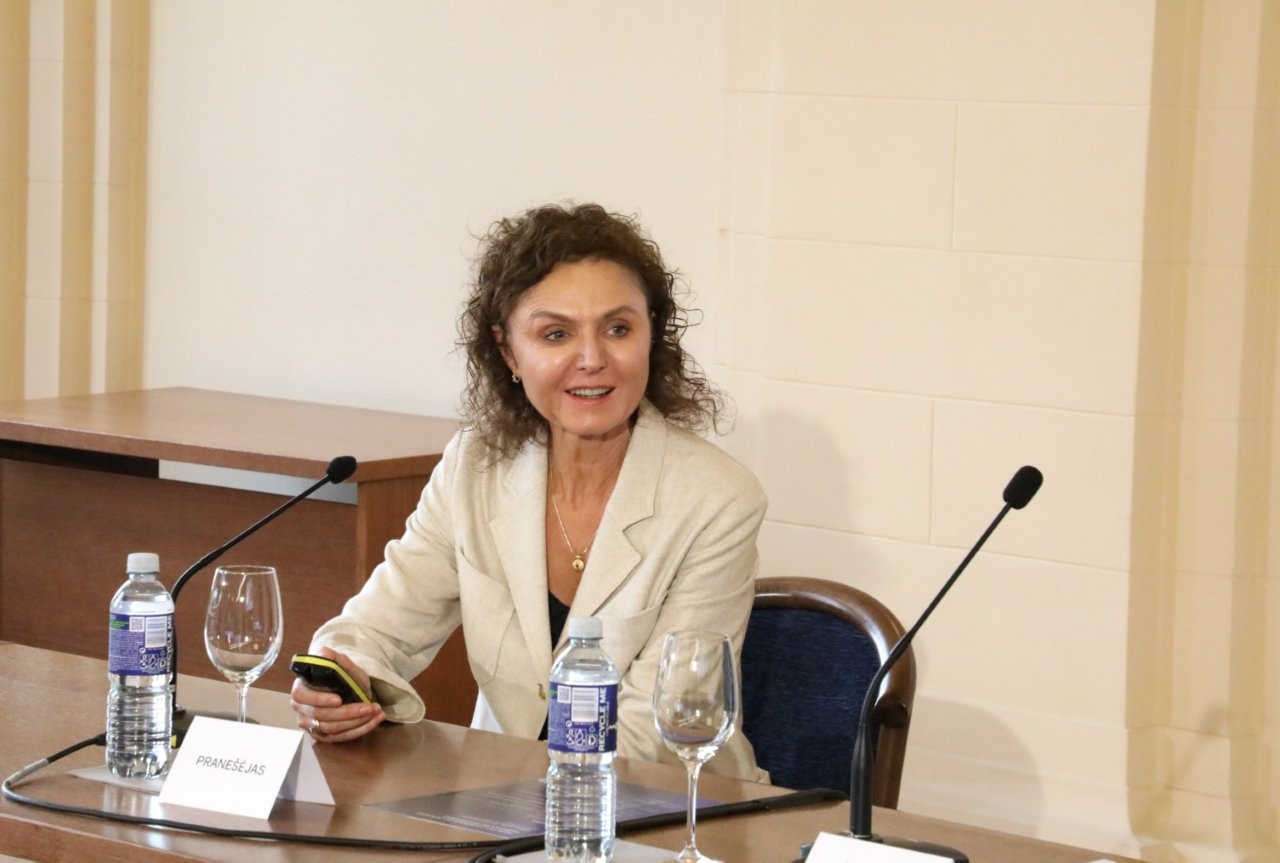
Prof. Raimonda Matulionytė
The discussions also featured contributions from the gastroenterologist Prof. Jūratė Kondrackienė (Lithuanian University of Health Sciences), the public health expert Prof. Janina Petkevičienė (Lithuanian University of Health Sciences), and the family physician Dr Sonata Varvuolytė (Vilnius University), among others.
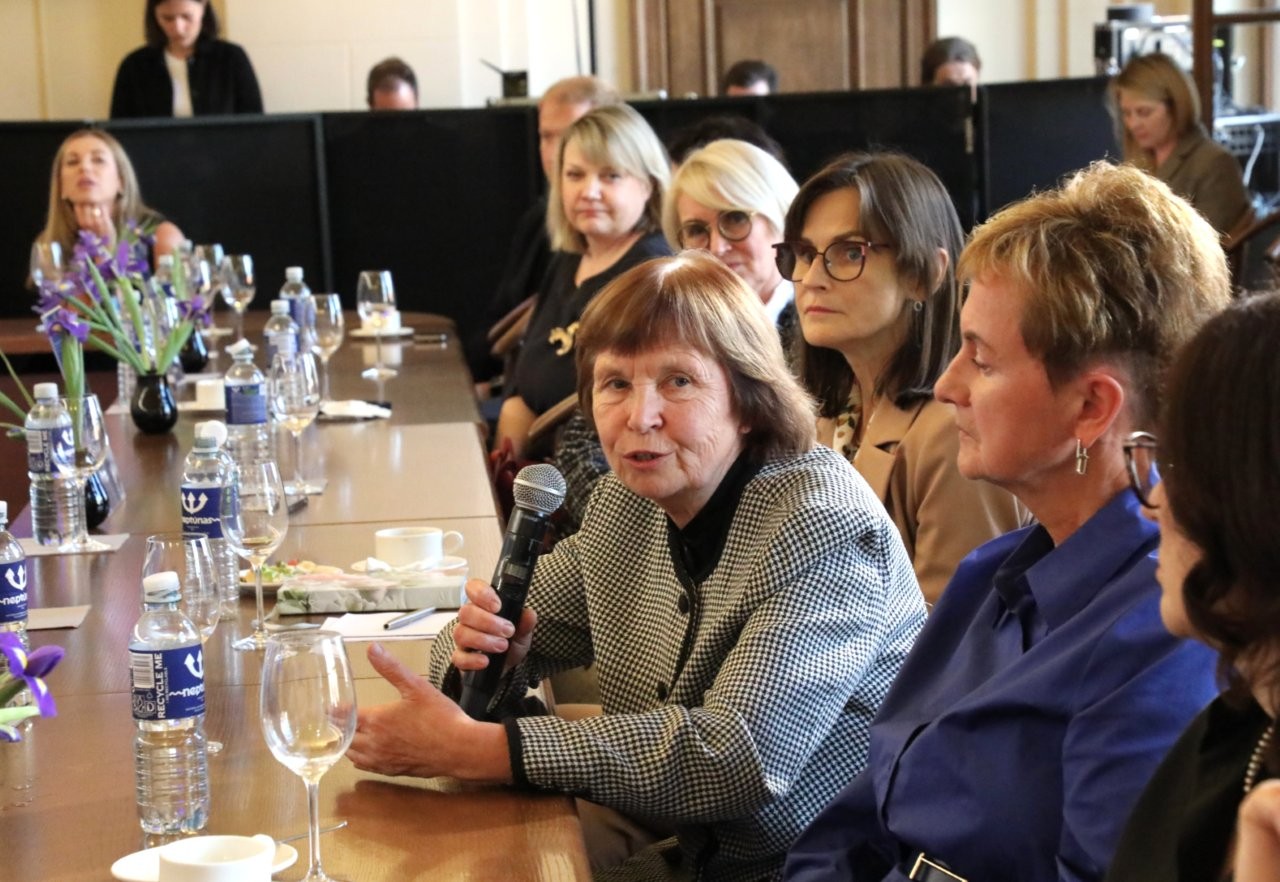
Prof. Janina Petkevičienė
In summarising the conference, Prof. Limas Kupčinskas emphasised that the World Health Organization (WHO) had set the goal of eliminating hepatitis C infection worldwide by 2030. Lithuania has embraced this objective and, together with hepatitis C elimination ambassadors and all relevant stakeholders, is actively working toward its achievement
Dr Jadvyga Olechnovičienė, Chief Coordinator, Division of Biological, Medical, and Geosciences of the Lithuanian Academy of Sciences
Photograhy Virginija Valuckienė
